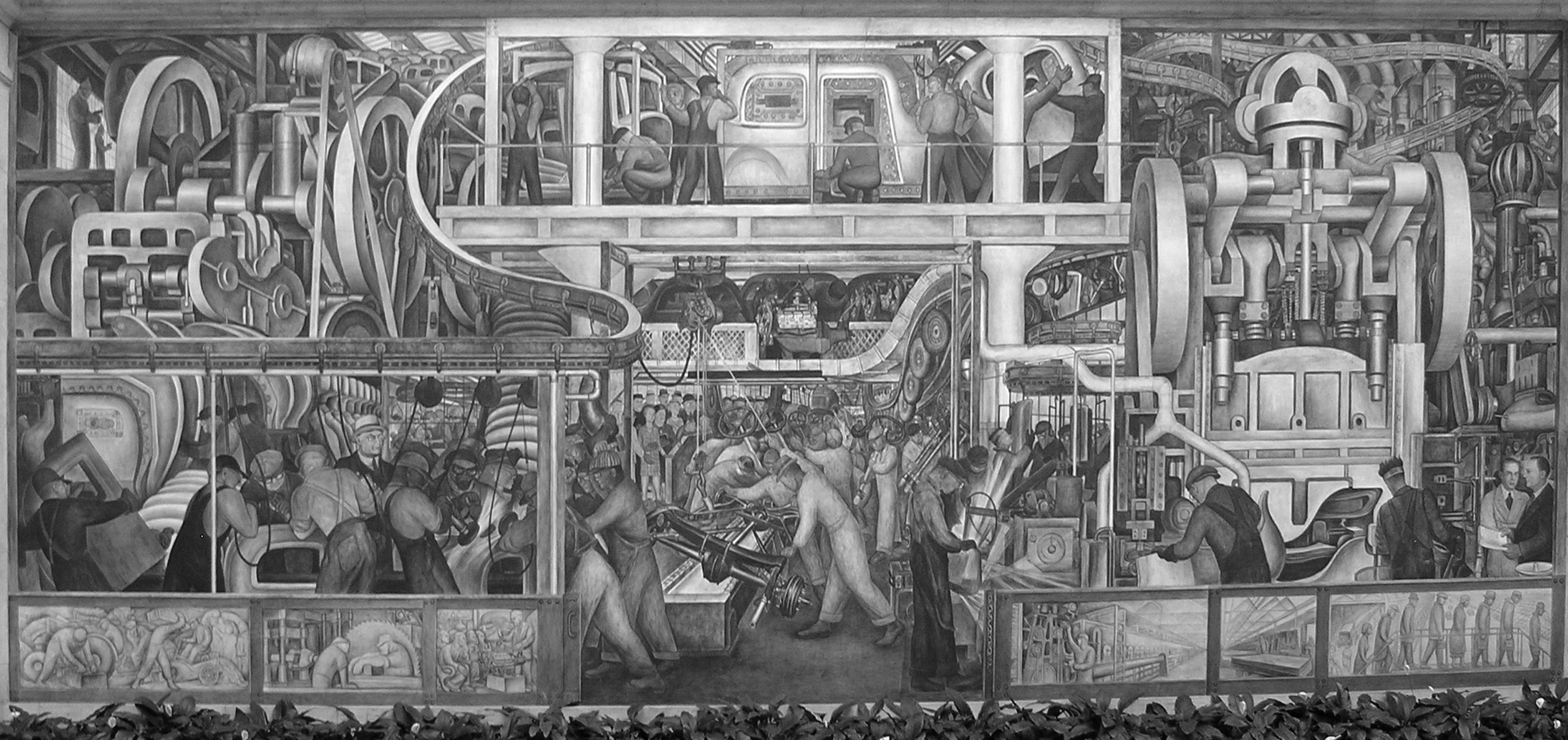A simple fact of economics is that when labor becomes cheaper the good becomes more affordable. Using mechanized labor we have made our world more accessible and affordable for consumers. This basic philosophy has paved the way for the price of a shirt to fall from around six dollars (roughly 157 dollars today) in 1890 to the steal of a deal that I found at H&M for five dollars.
The simple concept of replacing skilled laborers with unskilled laborers, also known as the assembly line, revolutionized economics. This brave new world pioneered by Henry Ford blazed ahead throwing aside obsolete alternatives that focused on quality over quantity. After all, it’s just common sense to maintain and improve on the methods of production that create the cheapest goods for their value.
This might seem like a very specialized concept, but in actuality it affects every waking moment of our lives. It has created the possibility of armed conflict on an industrial scale, and has made wars cheaper and more efficient. In this case the cost is not necessarily only monetary, but also the cost of human life.
We use advanced robotics and machinery to fight our battles for us, and from our perspective we reduce the cost of human life in a conflict. In this “Game of Drones” we subtract the human element from the equation and we save American lives.
This makes absolute sense from our perspective, because it means that we don’t have to lose our friends and family to the horrors of war. This is reducing the cost on our end.
In effect our advances in technology and military dominance are the Excalibur to our King Arthur in our quest to make the world safer for freedom and ourselves.
Beset with this task, we forged ourselves armor to shield us from the evil of the world and arm ourselves with weaponry to eliminate our enemies; to protect ourselves. Invincible in our armor, and aware of the dangers of the world, we come home and see no reason to take off the armor. After all, the world is a cruel place and we must be equally cruel if we are to survive it. Through this we forget who we are beneath the metal and twisting gears of our armor. We have chosen the “cheaper” alternative.
Bear in mind that the rest of the world cannot see, hear, or touch our intentions, they can only feel the heat of our actions. Which, as we all know, speak louder than words. This then creates an endless cycle of violence further perpetuating our need for the cheap good that we believed would solve our problems.
From this we are faced with two options. We can use armed violence to solve our problems quickly and cheaply with the potential for future conflict, or we can try to utilize diplomacy and hopefully arrive at a more sustainable result.
If we scale back a bit, this same decision applies to every day life, especially in college.
Using the classic example of roommate conflict, the roommate incessantly eats the food put in the refrigerator. To rise to this challenge our advancements in language, and more specifically cursing have made it significantly easier to describe to someone your feelings on any particular situation.
It’s much easier to scream at a roommate to f**k off and stop eating all of your s**t, and storm off to their room and slam the door behind them to convey their frustration. God knows it sends a strong message.
However, throughout the course of trying to solve a common problem, they perpetuate an environment of anger and frustration and ruin relations with someone who once was their friend. Not dissimilar to the issue of cheap armed conflict. In essence it becomes easier to harm than to heal.
Because of course in hindsight the better option is to have a levelheaded dialogue with them to ask them to respect your belongings and to hopefully come to a constructive conclusion.
I am not saying that diplomacy is the best option in every case, and in a few of them not even possible. I absolutely concede that there are times when conflict is inevitable and necessary, and I don’t believe that diplomacy is always the best option. However, just because one option is cheaper in the short run doesn’t mean that it is the best and most sustainable solution.
-David Roland

